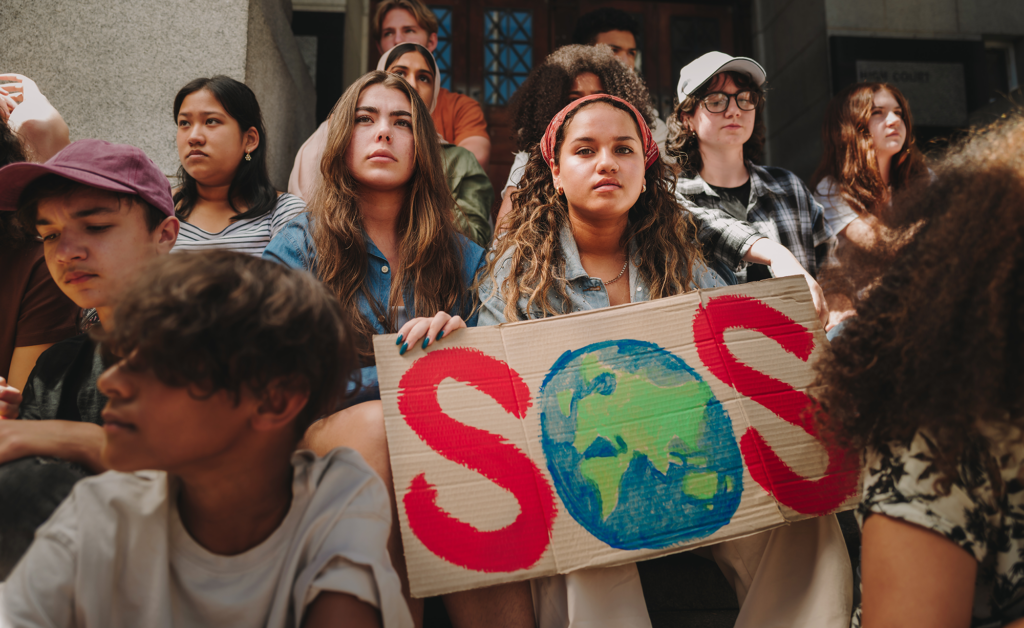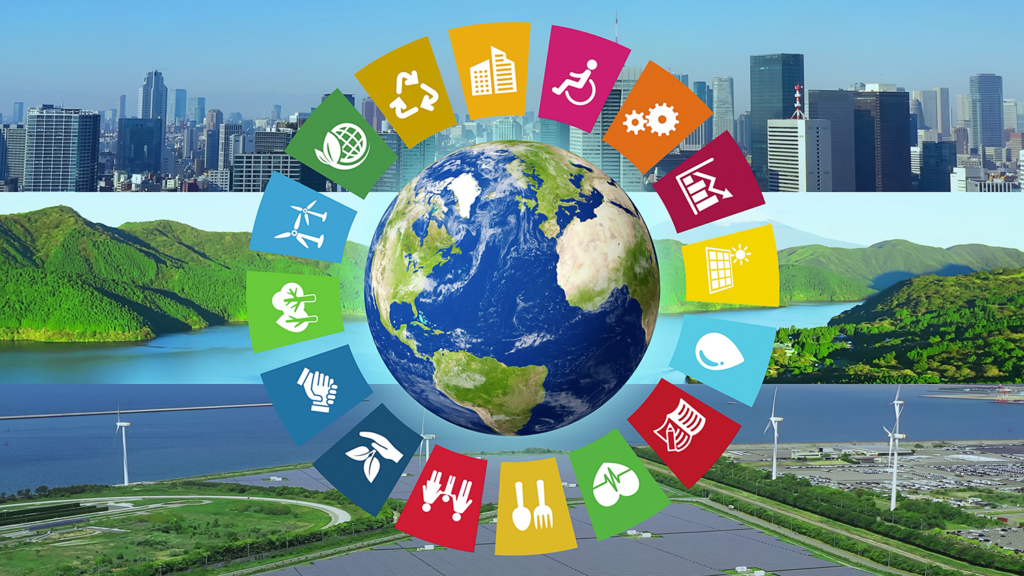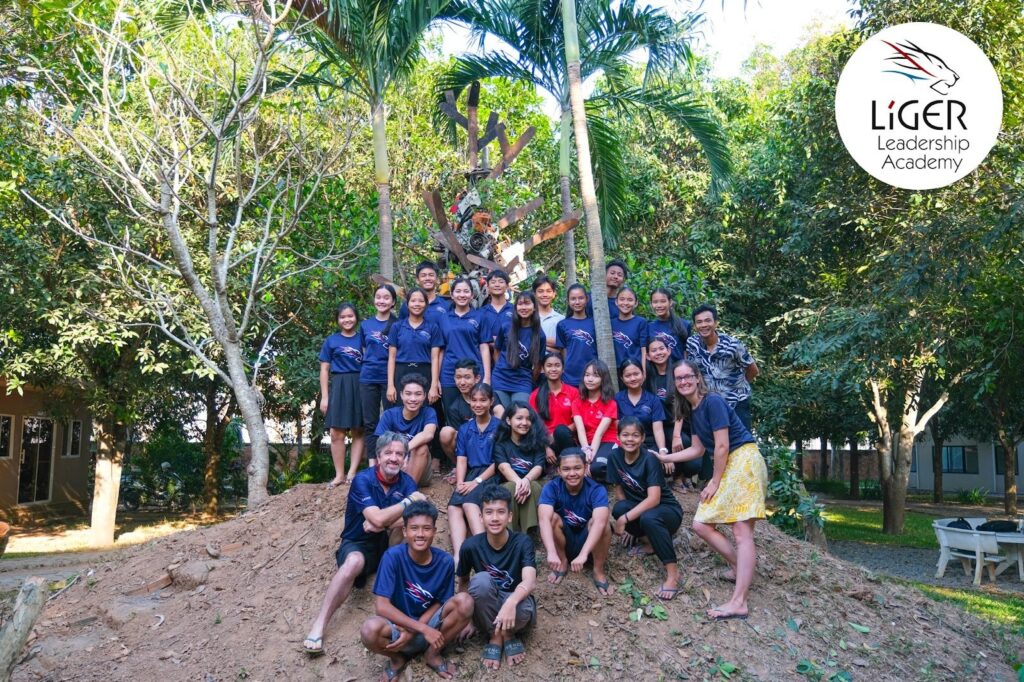Service now forms an important part of many school curriculums around the world, but what is ‘service’ and why is it necessary?

A shared understanding of service
Service can be defined as:
“The voluntary act of addressing community needs and ethically working towards sustainable solutions. A process that involves active consultation and collaboration among stakeholders, leading to reciprocal, respectful and openhearted partnerships.” (Whitehead and Minkley, 2019)
Service involves taking action in community, in support of a mutually agreed-upon goal or objective. People engaged in service can work in a variety of contexts, which generally fall into the categories of service with people, animals or the environment.
Whilst the word ‘help’ tends to be avoided in best practice service due to the insinuation of an unequal balance of power, the act of serving is about helping; offering “assistance or support”, “being of use to” or to “changing for the better” (Merriam-webster.com, 2020).
Keeping service grounded in reciprocity — or an equal and balanced exchange — ensures that the ‘help’ offered is mutual and leads to growth, learning, positive outcomes, and solutions for all parties involved. Making sure that students have the appropriate foundational understandings before they embark on a service experience will reduce any misconceptions about the purpose of their work and the nature of their position in the exchange.
Service in schools
Why include ‘service’ in schools, when curriculums are full and many students and teachers are under pressure with the high demands of the average school year?
Many of us are acutely aware of the challenges our global community is facing in the 21st century. We know that our young people need to develop a new set of skills and qualities with which to survive and thrive in the current and future climate. Further to this, it could be argued that the most important thing for our global community is that we learn to work together as one and take action from our hearts in order to bring about a positive shift on our planet and ensure it is habitable for generations to come.
The task of cleaning up the earth and creating a sustainable future for all will require a global population that is willing and able to ‘help’. Of course, not all are in such fortunate positions that they can take action; but those that can must work toward a future that benefits all.
Service for change
Service, when meaningfully and authentically embedded into school curriculum can act as a vehicle to support students to learn why and how to care, through working alongside their local and global communities. Service engagements can act as the bridge between schools and communities, offering those in need of support an avenue through which to receive it. Service has the capacity to bring people together, foster connection, and engage them in a shared purpose. It has the potential to forge reciprocal relationships that open all parties up to the concept of working together in collaboration, to meet a shared objective and bring about positive change.
Having witnessed the impact service can have on young people and the people in communities they have engaged with, I can tell you: it works.
The right kind of service experience can change trajectories for students, allowing them to deeply connect with themselves and the world around them, establishing a sense of purpose. It can also have powerful and lasting effects for the people they engage with.
When we all work together to address community needs, things get done, action gets taken and we make our planet a better home for all of us.



